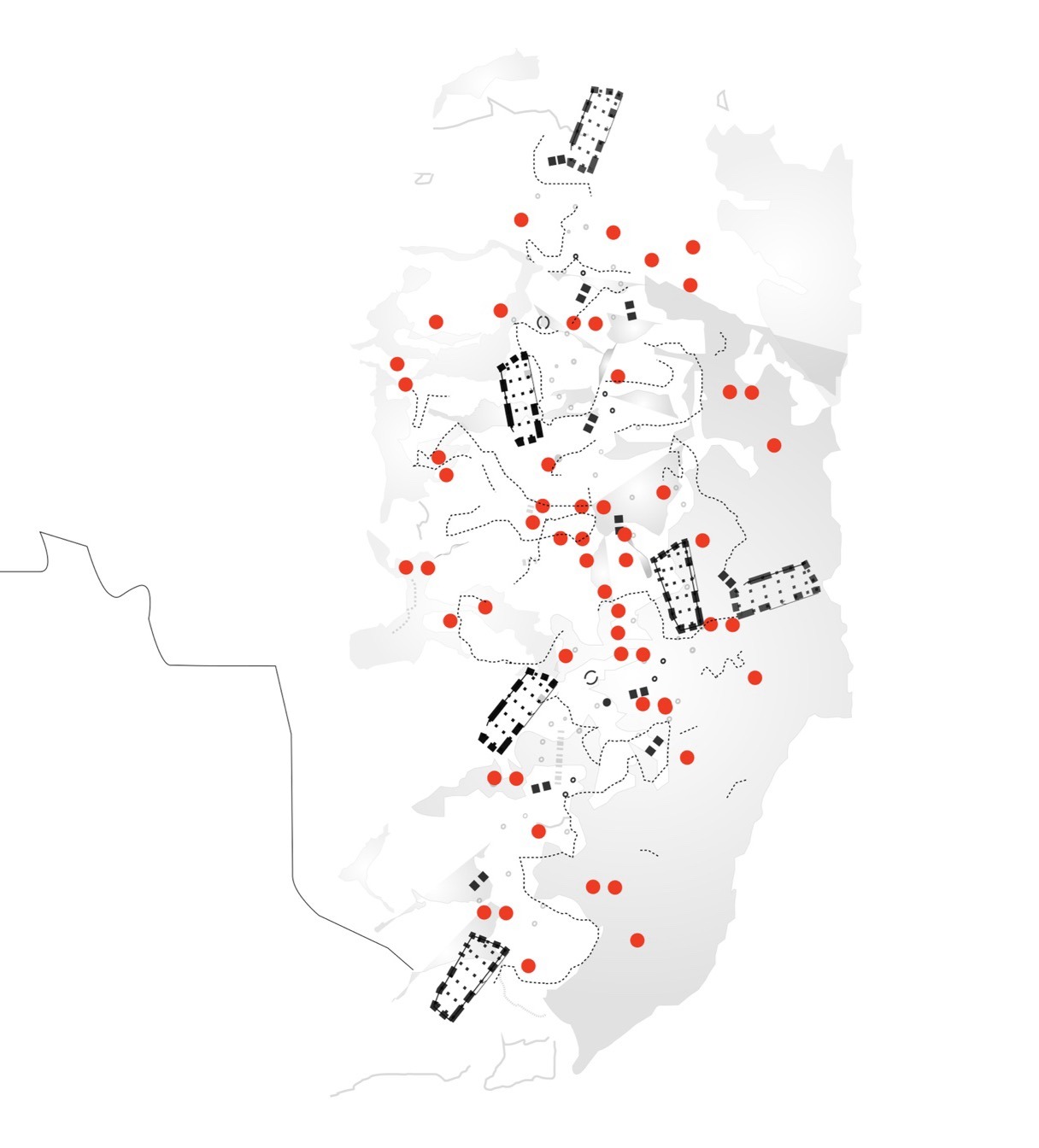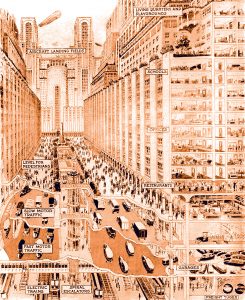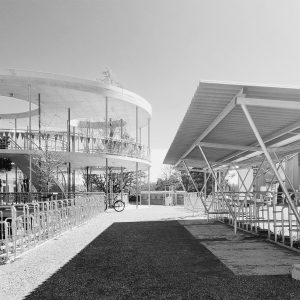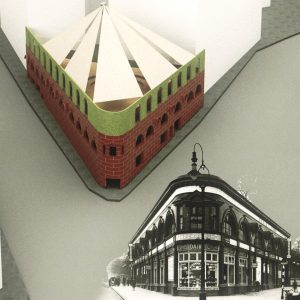In post-World War II liberation philosophy, movement and architecture were embedded within state-regulated systems—public planning processes, welfare state infrastructure, and collective social institutions. After the debt crisis, both systems have been disembedded because market-driven production required flexible, privatized flows independent of democratic oversight (Harvey 2005; Brown 2015). This created coordination crises requiring: governance expertise operating through deregulation and privatization, navigation expertise managing competitive mobility markets, and architectural expertise coordinating profit-maximizing flows (Rose 1999; Graham and Marvin 2001; Easterling 2014). Transportation hubs emerged as spatial typologies where these expertises could interface, becoming symbols of liberal promises that entrepreneurial competition could achieve efficient mobility and consumer choice (Harvey 2005; Koolhaas and Mau 1995).
Postcolonial theory argues that colonized peoples can appropriate these technical systems for liberation through dialectical anti-colonial political consciousness and collective organization (Said 1978; Spivak 1988; Bhabha 1994). When those possessing the three expertises form political unions with democratic coordination, they should theoretically transform technical knowledge from domination into liberation tools. However, thirty years after Oslo, the Palestinian experience raises fundamental questions about this liberation narrative. Does sophisticated governance, navigation, and architectural knowledge around movement in the West Bank lead to greater freedom? Has Palestinian expertise in navigating checkpoints—developing alternative routes, obtaining permits, mastering architectural transportation hub professional codes, practicing political union elections—transformed the system or become incorporated into its logic? Are we witnessing a new spatial typology where Palestinians are experts in their own failures where the critical theory collapses?)
Bibliography
- Griffin, M. S. (2021). Vehicles of decolonization: Public transit in the Palestinian West Bank. Temple University Press.
- Kotef, H. (2015). Movement and the ordering of freedom: On liberal governances of mobility. Duke University Press.
- Tafuri, M. (1976). Architecture and utopia: Design and capitalist development. MIT Press.



